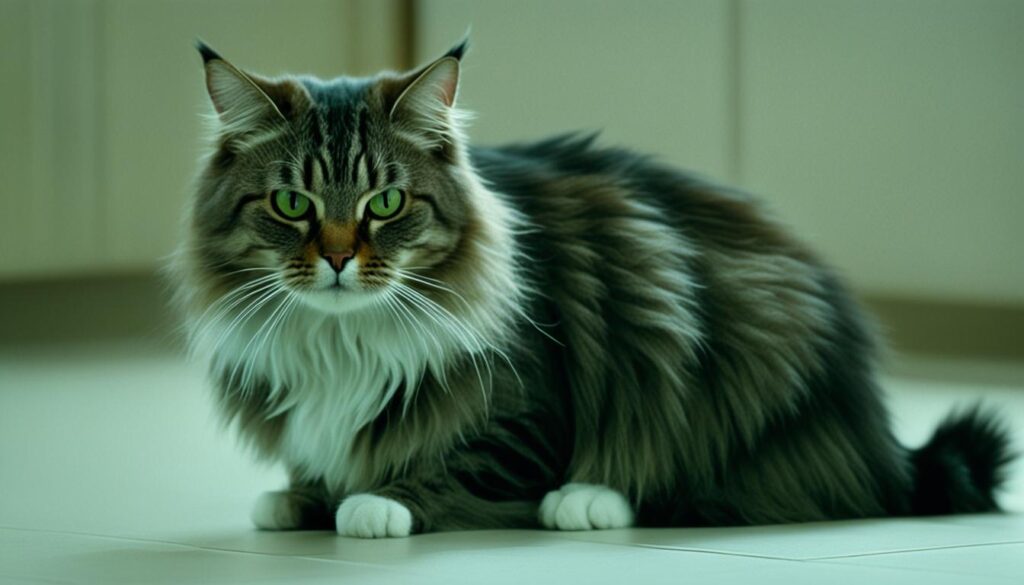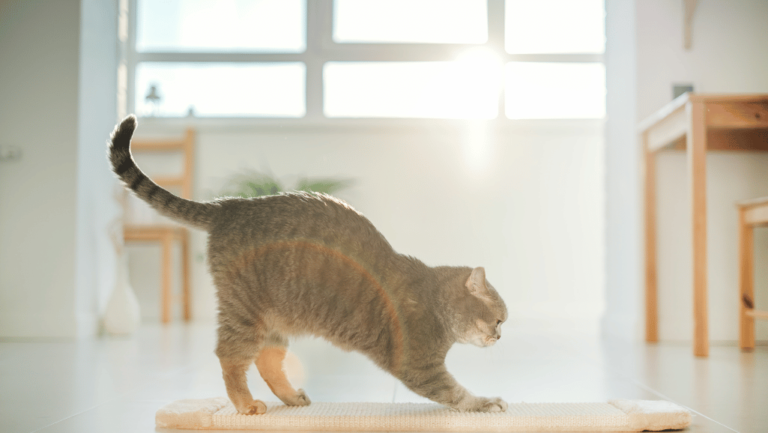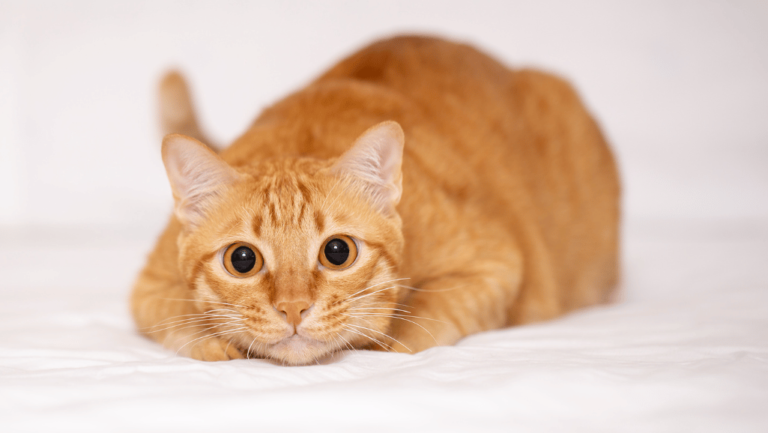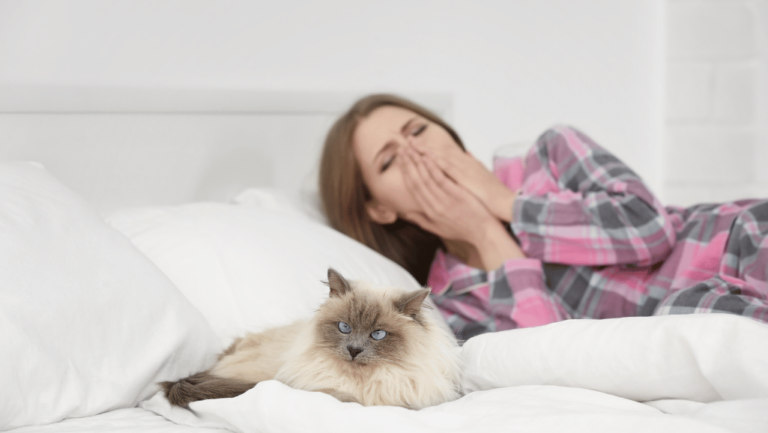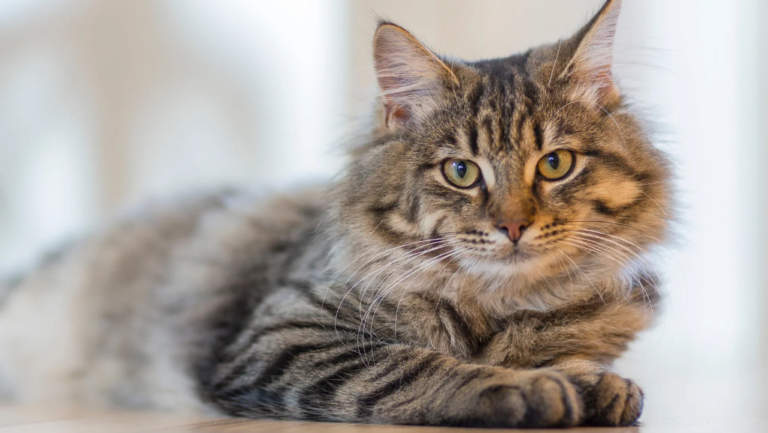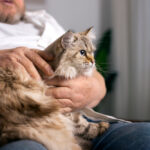Gastrointestinal issues can be a common concern for cat owners. From hairballs to vomiting, diarrhea to constipation, these digestive problems can affect a cat’s overall health and well-being. Identifying the symptoms and understanding the treatment options is crucial in ensuring the best care for your feline companion.
Cat digestive issues can manifest in a variety of symptoms, including decreased appetite, weight loss, fever, and abdominal pain. These symptoms can be caused by a range of factors, including stress, infections, inflammatory conditions, toxins, and even underlying health conditions like cancer. It’s important to be aware of these symptoms and to seek veterinary care if necessary.
Diagnosing cat digestive problems requires a thorough veterinary examination. With a physical exam and diagnostic testing such as bloodwork, urinalysis, and X-rays, veterinarians can determine the underlying cause of the issue. Treatment options may include dietary changes, supplements, medications, and supportive care to alleviate symptoms and improve overall gastrointestinal health.
Remember, proactive veterinary care is essential in managing cat digestive issues. Regular check-ups and open communication with your veterinarian will ensure proper diagnosis and treatment, enhancing the quality of life for your furry friend.
Key Takeaways
- Cat digestive issues can range from vomiting and diarrhea to constipation and decreased appetite.
- These issues can be caused by various factors, including stress, infections, inflammatory conditions, toxins, and underlying health conditions like cancer.
- Seeking veterinary care and proper diagnosis is crucial in managing cat digestive problems.
- Treatment options may include dietary changes, supplements, medications, and supportive care.
- Regular veterinary check-ups and open communication are vital for maintaining your cat’s digestive health.
Symptoms of Cat Digestive Issues
Cat digestive issues can present with a variety of symptoms that cat owners should be aware of. Monitoring these symptoms and seeking veterinary care is crucial to ensure the health and well-being of your feline companion.
Vomiting
Vomiting is a common symptom of cat digestive issues. It can range from occasional hairball expulsion to frequent and persistent vomiting. It’s important to monitor the frequency and consistency of your cat’s vomit to determine if there is an underlying problem.
Diarrhea
Another noticeable symptom of digestive issues is diarrhea. Loose or watery stools can be a sign of gastrointestinal upset. If your cat has diarrhea for more than a day or if there is blood or mucus in the stool, it’s important to seek veterinary attention.
Constipation
On the other end of the spectrum, constipation can also indicate digestive problems. If your cat is straining to defecate or has infrequent and hard stools, it may be a sign of constipation. Severe or prolonged constipation should be evaluated by a veterinarian.
Decreased Appetite
A sudden decrease in appetite is another symptom of digestive issues. If your cat is not interested in eating or has a reduced appetite for more than a day or two, it may be a cause for concern.
Weight Loss
Unexplained weight loss can be a sign that something is not right with your cat’s digestive system. Significant weight loss should never be ignored, as it could indicate a serious underlying condition.
Fever
While not always present, a fever can sometimes accompany digestive issues in cats. An elevated body temperature can indicate an inflammatory response or an infection.
Dehydration
Dehydration is a serious concern for cats with digestive issues, especially if they are experiencing vomiting or diarrhea. Symptoms of dehydration in cats include lethargy, dry mouth, sunken eyes, and loss of skin elasticity.
Abdominal Pain
Cats with digestive problems may experience abdominal pain. This can manifest as reluctance to be touched or picked up, changes in posture, or vocalization when the abdomen is palpated.
Change in Behavior
Changes in behavior can also indicate digestive issues in cats. These changes may include increased restlessness, aggression, hiding, or a decrease in social interaction.
If your cat is exhibiting any of these symptoms, it’s important to consult with your veterinarian for a proper diagnosis and treatment plan. Early detection and intervention can help prevent complications and ensure the best possible outcome for your beloved feline companion.
Sources:
- “Digestive Problems in Cats: Symptoms, Causes, and Treatment Options.” VCA Hospitals, https://vcahospitals.com/know-your-pet/digestive-problems-in-cats-symptoms-causes-and-treatment-options.
- “Feline Gastrointestinal Disorders.” Cornell University College of Veterinary Medicine, https://www.vet.cornell.edu/departments-centers-and-institutes/cornell-feline-health-center/health-information/feline-health-topics/feline-gastrointestinal-disorders.
Causes of Digestive Problems in Cats
There are several common causes of digestive problems in cats. Understanding these causes can help cat owners identify and address potential issues early on. Here are some of the main factors that can contribute to digestive problems in cats:
Hairballs
One of the most common causes of digestive problems in cats is the formation of hairballs. When cats groom themselves, they ingest loose fur, which can accumulate in their stomach and form hairballs. While occasional hairballs are normal, frequent hairballs can be a sign of an underlying health or digestive issue.
Dietary Indiscretion
Cats are notorious for their curious nature and may consume things they shouldn’t, such as garbage or table scraps. Dietary indiscretion can lead to digestive upset, including vomiting and diarrhea.
Stress
Just like humans, cats can experience stress, which can manifest in various ways, including gastrointestinal problems. Stressful events such as moving to a new home, the introduction of a new pet, or changes in routine can cause decreased appetite, vomiting, and diarrhea in cats.
Infections
Cats, especially young kittens, can be prone to infections caused by viruses, bacteria, and intestinal parasites. These infections can lead to digestive problems such as diarrhea and vomiting.
Inflammatory Conditions
Inflammatory conditions of the digestive tract, such as food allergies or inflammatory bowel disease, can cause chronic digestive issues in cats. These conditions can result in symptoms like diarrhea, vomiting, and abdominal pain.
Toxins
Certain toxins, such as household chemicals or poisonous plants, can cause digestive problems if ingested by cats. Ingestion of toxic substances can lead to vomiting, diarrhea, and other gastrointestinal symptoms.
Medications
Some medications, including certain antibiotics, can have gastrointestinal side effects in cats. These side effects may include vomiting, diarrhea, or changes in appetite.
Intestinal Blockages
Intestinal blockages can occur when a foreign object, such as a toy or string, becomes lodged in the cat’s digestive tract. This can result in severe digestive problems, including vomiting, constipation, and abdominal pain.
Underlying Health Conditions
Cats with underlying health conditions, such as kidney disease or cancer, may experience gastrointestinal symptoms. These symptoms may include changes in appetite, weight loss, vomiting, or diarrhea.
To effectively address digestive problems in cats, it’s important to identify and treat the underlying causes. Consulting with a veterinarian is crucial for accurate diagnosis and appropriate treatment.
By understanding the potential causes of digestive problems in cats, cat owners can take proactive steps to promote their feline companion’s digestive health and overall well-being.
Diagnosis of Cat Digestive Problems
Proper diagnosis of cat digestive problems requires a comprehensive veterinary examination and diagnostic testing. When you bring your cat to the veterinarian for gastrointestinal issues, they will begin by conducting a thorough physical exam. This exam may involve feeling your cat’s abdomen for abnormalities and checking their vital signs to assess their overall health.
After the physical exam, your veterinarian may recommend specific diagnostic tests to further investigate the underlying cause of your cat’s digestive problems. These tests may include:
- Fecal Check: A fecal check will be performed to check for the presence of parasites, such as worms or other intestinal parasites.
- Bloodwork: Bloodwork is essential in evaluating organ function and blood parameters. It can provide valuable insights into your cat’s overall health and help identify any underlying conditions.
- Urinalysis: A urinalysis may be conducted to assess kidney function and identify any urinary tract issues that may be contributing to your cat’s digestive problems.
- X-rays: X-rays can provide detailed images of your cat’s abdominal organs, helping to identify any physical obstructions, foreign objects, or abnormalities.
- Ultrasound: Ultrasound is a non-invasive imaging technique that can provide more detailed images of your cat’s gastrointestinal tract and help detect any abnormalities or masses.
- Hormonal Testing: Hormonal testing may be recommended if your veterinarian suspects an underlying hormonal imbalance contributing to your cat’s digestive problems.
- Infectious Disease Testing: Your veterinarian may conduct tests to check for the presence of infectious diseases that could be causing your cat’s gastrointestinal issues.
- Food Trial: A food trial may be recommended to rule out food allergies or intolerances as a potential cause of your cat’s digestive problems. This involves feeding your cat a special diet for a set period and monitoring for any improvement in symptoms.
- Additional Procedures: In some cases, additional procedures such as surgery, endoscopy, or biopsies may be necessary to accurately diagnose the underlying cause of your cat’s digestive issues.
By conducting these various diagnostic tests, your veterinarian can gather valuable information to determine the cause of your cat’s digestive problems and develop an appropriate treatment plan.
Treatment of Cat Digestive Problems
When it comes to treating cat digestive problems, the approach will depend on the underlying cause. Here are some common treatment options that veterinarians may recommend:
Dietary Changes
Diet plays a crucial role in managing digestive issues in cats. Based on the specific problem, your veterinarian may suggest dietary changes to address the issue effectively. For instance, hairball control diets or specialized diets for cats with inflammatory conditions can help alleviate symptoms and promote better gastrointestinal health.
Supplements
In certain cases, supplements may be beneficial in managing cat digestive problems. Fiber supplements can help regulate bowel movements and prevent constipation. Hairball prevention products can assist in reducing hairball formation and improve overall digestive health.
Medications
Medications are commonly used to relieve symptoms associated with cat digestive problems. Anti-nausea medicines can help control vomiting, while antacids can reduce stomach acid and alleviate discomfort. Your veterinarian will determine the appropriate medications based on your cat’s specific condition.
Supportive Care
Supportive care measures can provide relief and improve the overall gastrointestinal health of your cat. Probiotics can help restore the balance of good bacteria in the gut, promoting healthy digestion. Appetite stimulants can encourage your cat to eat, preventing weight loss and malnutrition.
Fluid Therapy
In cases of dehydration due to vomiting or diarrhea, fluid therapy may be necessary to restore hydration and electrolyte balance. This is typically done under veterinary supervision to ensure your cat’s well-being.
Remember to always consult with your veterinarian to determine the most appropriate treatment plan for your cat’s digestive problems. They will be able to provide tailored advice and guidance based on your cat’s specific needs and circumstances.
| Treatment Options | Description |
|---|---|
| Dietary Changes | Specialized diets to address specific issues such as hairballs or inflammatory conditions |
| Supplements | Fiber supplements to regulate bowel movements, hairball prevention products for better digestive health |
| Medications | Anti-nausea medicines to control vomiting, antacids to reduce stomach acid |
| Supportive Care | Probiotics to restore the balance of good bacteria, appetite stimulants to encourage eating |
| Fluid Therapy | Intravenous fluids to restore hydration and electrolyte balance in cases of dehydration |
Conclusion
Cat digestive issues are common but should not be ignored. When your cat exhibits symptoms such as vomiting, diarrhea, constipation, decreased appetite, or weight loss, it’s crucial to seek veterinary care. By promptly recognizing these signs and taking appropriate action, you can effectively diagnose and treat your cat’s digestive problems.
With the guidance of a veterinarian, proper treatment and management can address cat digestive issues. This may involve dietary changes, supplements, medications, or supportive care like probiotics and appetite stimulants. By implementing these strategies, you can improve your cat’s overall health and well-being.
Remember to consult with your veterinarian for individualized advice tailored to your cat’s specific needs and circumstances. They will guide you in providing the best veterinary care for your furry friend’s digestive health.
FAQ
What are the symptoms of Cat Stomach and Digestive Issues?
The symptoms of cat digestive issues can include vomiting, diarrhea, constipation, decreased appetite, weight loss, fever, dehydration, abdominal pain, and changes in behavior.
What are the common causes of digestive problems in cats?
Common causes of digestive problems in cats can include hairballs, dietary indiscretion, stress, infections, inflammatory conditions, toxins, medications, intestinal blockages, constipation, underlying health conditions, and cancer.
How are cat digestive problems diagnosed?
The diagnosis of cat digestive problems typically involves a comprehensive veterinary examination and diagnostic testing, such as a physical exam, fecal check, bloodwork, urinalysis, X-rays, ultrasound, hormonal testing, infectious disease testing, and even a food trial.
What treatments are recommended for cat digestive problems?
The treatment of cat digestive problems will vary depending on the underlying cause, but may include dietary changes, supplements, medications, supportive care, such as probiotics or appetite stimulants, and in cases of dehydration, fluid therapy.
Should cat digestive issues be taken seriously?
Yes, cat digestive issues should be taken seriously. Monitoring symptoms and seeking veterinary care is important for maintaining the health and well-being of your cat.




